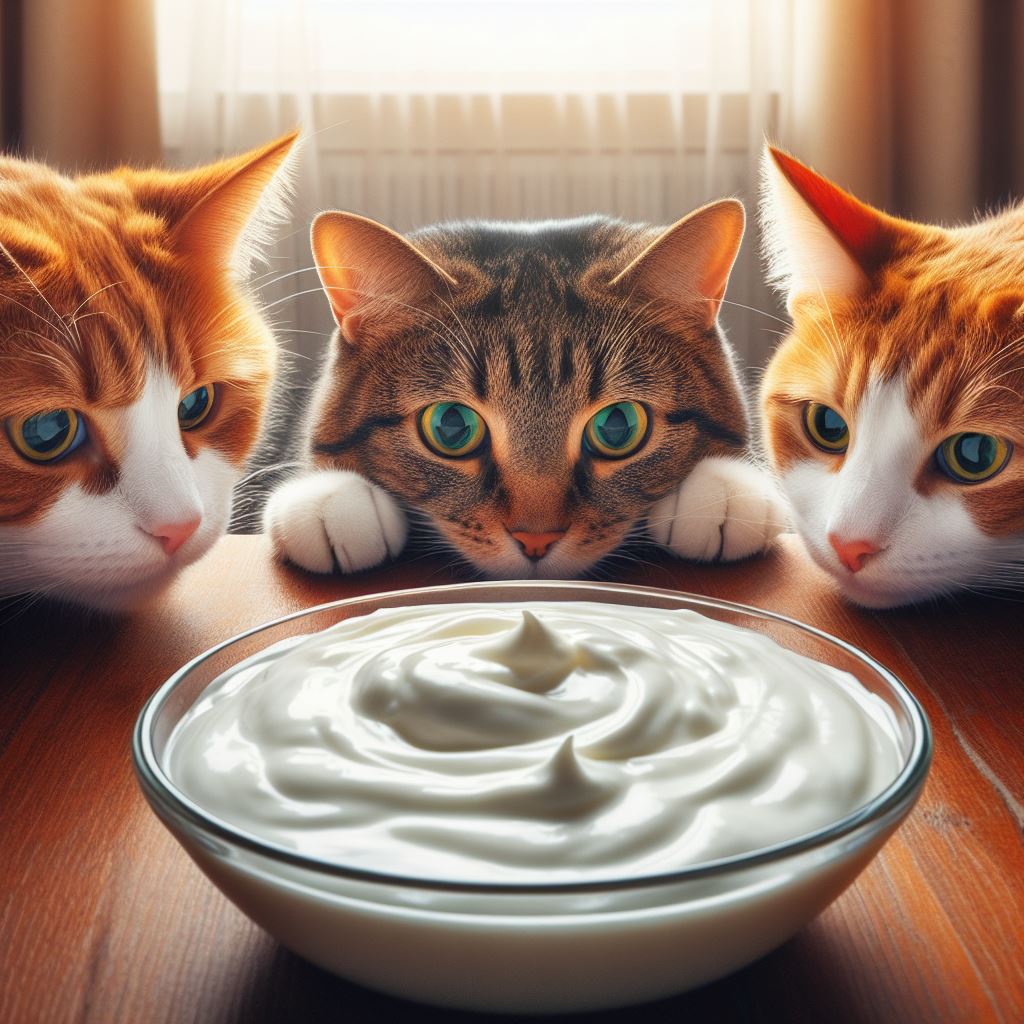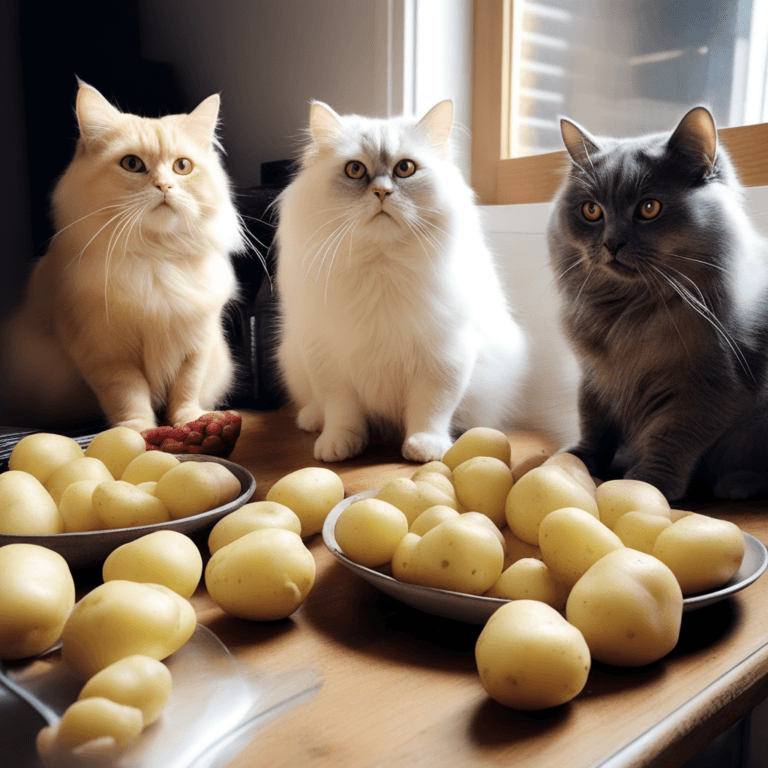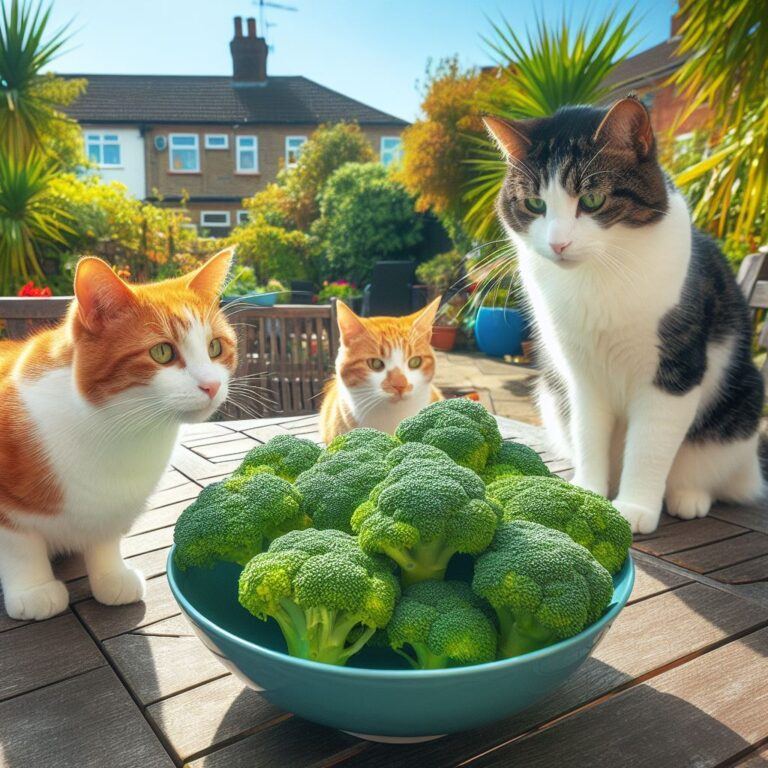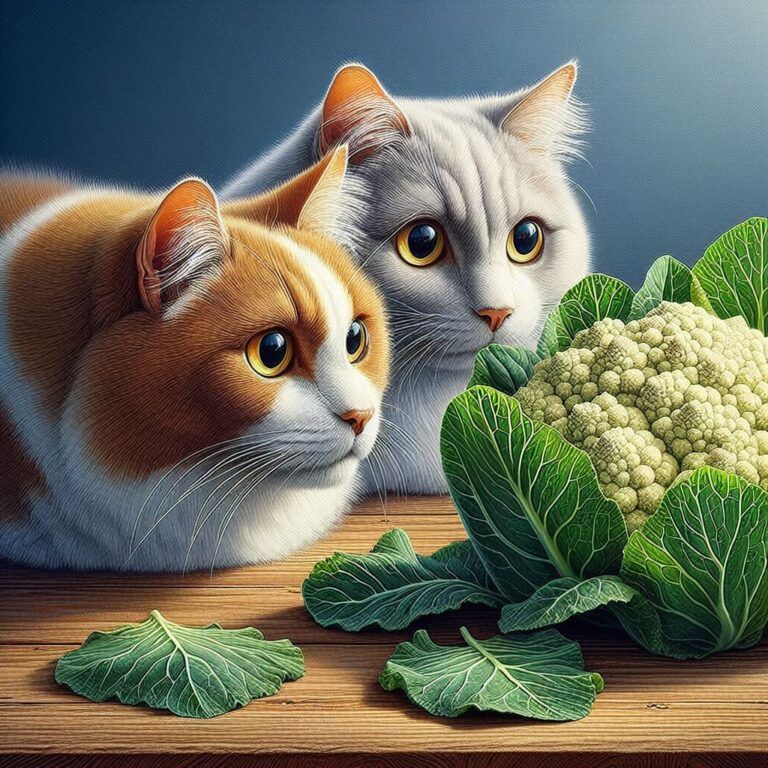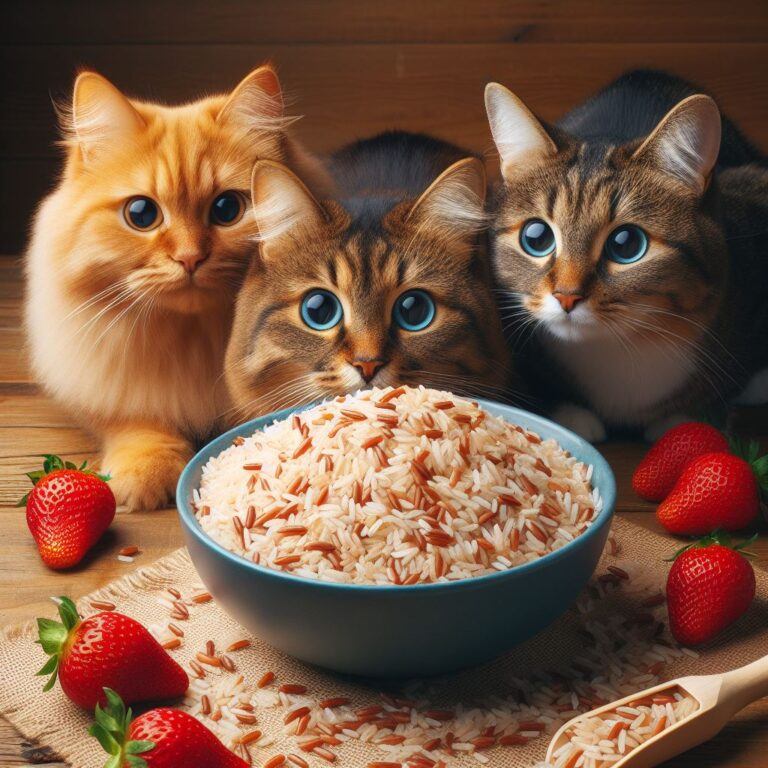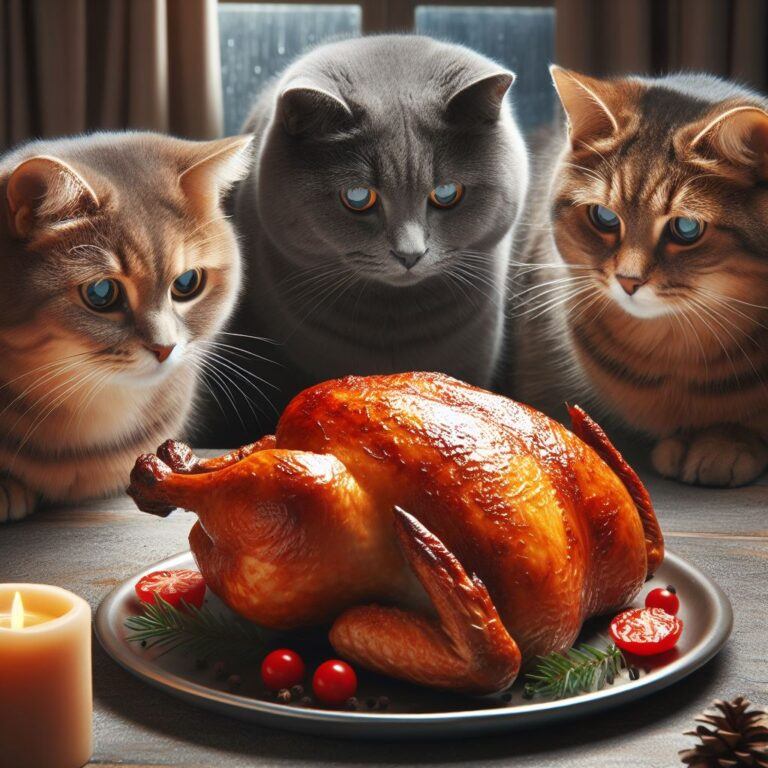Can Cats Safely Eat Yogurt
Yes, cats CAN safely eat yogurt, but it’s a bit more nuanced. I need you to understand that while a tiny dollop might be okay, cats fundamentally differ from us in their ability to digest dairy.
Adult cats typically lack the necessary enzymes to properly break down lactose, found in yogurt and other dairy products. So, while it’s not outright dangerous, it requires a careful approach.
Here’s what’s key: not all yogurts are created equal, and the same goes for cats’ digestions. Here, digestive tolerance plays a crucial role. Plain, unsweetened yogurt with live cultures has the best shot of being kind to your cat’s stomach because it’s the probiotics that can aid digestion. Nevertheless, some felines may still experience discomfort even from these.
Cats operate on a fine-tuned diet, and their nutritional needs are vastly different from ours. Generally, cats’ alimentation should be predominantly meat-based, with any additions serving as nothing more than a treat rather than a dietary staple.
Therefore, it’s vital to regard yogurt as a potential treat, rather than a regular part of their routine.
Before merging onto the specifics, let me underline the importance of moderation. Treats, including yogurt, should constitute no more than 10% of your cat’s daily caloric intake to prevent nutritional imbalance or obesity and to ensure their primary dietary needs are met through high-quality cat food.
Examining the Pros and Cons: Yogurt in a Cat’s Diet
When it comes to the potential benefits of yogurt for cats, it’s essential to proceed with caution. In small quantities, yogurt can be a source of probiotics, which are known to aid in digestion and gut health. However, the digestive system of a cat differs greatly from that of humans.
The primary concern with dairy is lactose. Cats often become lactose intolerant as they grow from kittens into adults. This means their bodies don’t produce enough lactase, the enzyme required to break down lactose, leading to digestive discomfort or worse.
Furthermore, misconceptions persist about the need for dairy in a cat’s diet. It’s a myth that milk or dairy is necessary for cats’ nutrition. Their dietary needs should be fulfilled primarily through high-quality cat food, which is specifically formulated for their nutritional requirements.
I’ve spoken with several veterinarians who consistently warn that improper food items can cause unnecessary risks to a cat’s health. They underline that while a lick of yogurt occasionally might not be harmful, it should never become a staple or a significant part of the diet.
Serving Safely: How to Offer Yogurt to Your Feline Friend
I understand your care and curiosity when it comes to your cat’s diet, and it’s my priority to provide you with accurate, reliable advice. Should you decide to feed your cat yogurt, here’s how you can do so safely.
Start with a SMALL AMOUNT to see how your cat reacts. This means offering just a teaspoon or two as a rare treat, not a daily supplement.
Choose plain, UNSWEETENED, and unflavored yogurt. Cats don’t need added sugars or artificial flavors in their diet.
Opt for yogurts with LIVE, ACTIVE CULTURES, which may be easier on your cat’s digestive system. These probiotics can sometimes aid digestion, but each cat’s tolerance to yogurt will differ.
NEVER replace regular meals with yogurt. It should only be a supplement to a nutritionally complete cat food that meets all their dietary needs.
For cats with known DAIRY SENSITIVITIES or lactose intolerance, skip the yogurt entirely. There are plenty of other treats that can be both safe and satisfying for your feline.
In case of any adverse reactions—like gastrointestinal upset or changes in behavior—discontinue offering yogurt and consult your veterinarian immediately.
Remember, your cat’s health is the top concern. Always consult a veterinarian before making significant changes to your pet’s diet.
In conclusion, while a tiny bit of yogurt might be okay for some cats, it’s essential to approach this treat with caution. Monitor your cat’s response closely and focus on maintaining a HEALTHY, BALANCED DIET.
Your feline friend relies on your judgment for their wellbeing—making informed choices is the best way to show your love and care.
Related article: Can Cats Safely Eat Sweet Potatoes

